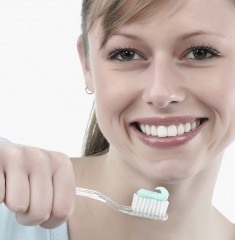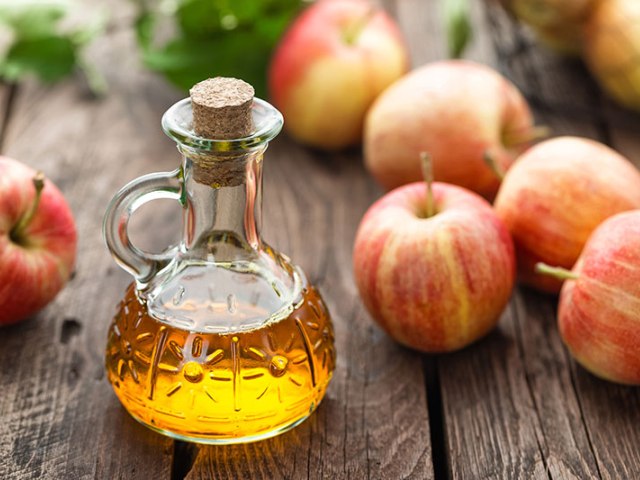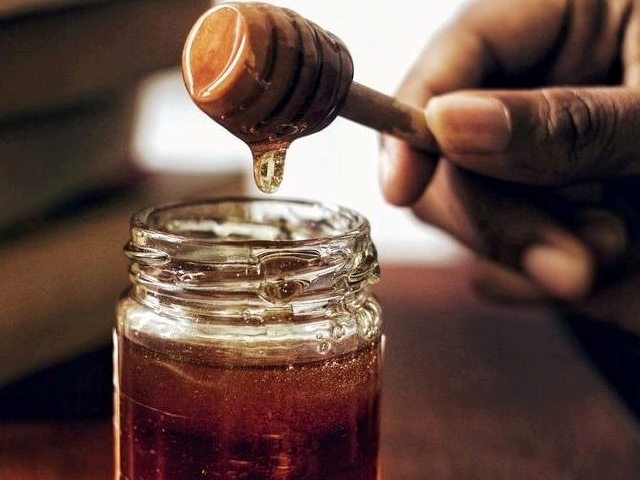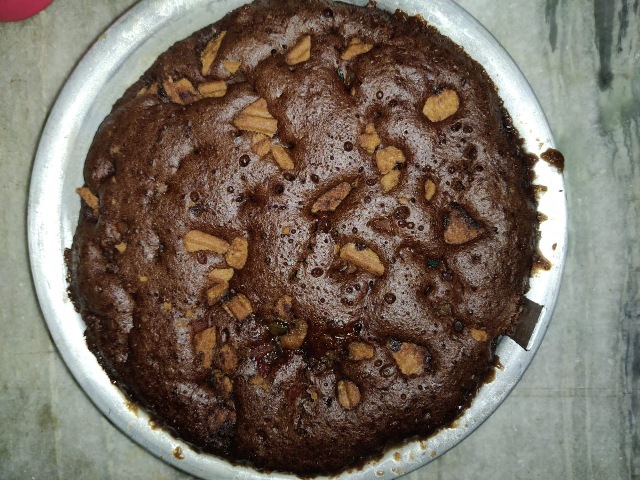The Best 5 Ways To Protect Against Plaque
Dental plaque is the leading cause of gum disease, tooth loss and tooth decay. So what are the best ways to fight plaque and how can you make sure your teeth and gums are nice and healthy?
Plaque is a sticky white film-like substance, which is formed when saliva combines with bacteria and left-over bits of food. Plaque clings to the tooth enamel, the gum line and the tongue and it contributes to the causes of decay, gum disease and bad breath. If you allow plaque to collect, the bacteria within your mouth that forms, causes damage to your teeth and gums. This can then harden and go on to form tartar, a brown substance, which cannot be removed by brushing alone.
1. Brushing
 Brushing your teeth is the most effective way to combat dental plaque. You should brush your teeth twice a day, every day. It is best to brush in the mornings and evenings and to use a brush with a small, soft head, as this means you will be able to reach the corners of the mouth which are difficult to get to. Dentists often recommend using fluoride toothpaste, as this helps protect and strengthen the enamel of the tooth. It is important to brush for at least 2 minutes each time and you can buy brushes with timers if you struggle to keep track of how long you’ve been brushing, you can even brush along to a song with some devices, as most songs last between 2 and 3 minutes.
Brushing your teeth is the most effective way to combat dental plaque. You should brush your teeth twice a day, every day. It is best to brush in the mornings and evenings and to use a brush with a small, soft head, as this means you will be able to reach the corners of the mouth which are difficult to get to. Dentists often recommend using fluoride toothpaste, as this helps protect and strengthen the enamel of the tooth. It is important to brush for at least 2 minutes each time and you can buy brushes with timers if you struggle to keep track of how long you’ve been brushing, you can even brush along to a song with some devices, as most songs last between 2 and 3 minutes.
2. Flossing
Flossing is often overlooked, but it is actually very important because it tackles areas of your mouth, which may be missed when brushing. Flossing involves passing dental floss through the cracks between the teeth and along the gum line; it helps to remove bits of trapped food and plaque from your mouth in these troublesome areas. When you floss, avoid pulling the thread too hard, as this can damage your teeth and gums.
3. Watching your diet
Your diet has a significant impact on your oral health and some foods contribute to the formation of plaque and the production of harmful acids, which are released by bacteria in your mouth. Try to avoid sugary foods, such as sweets, biscuits and cakes and acidic drinks, such as fruit juice and wine. Foods that are good for your oral health include dairy products, non-acidic fruit, vegetables, oily fish, nuts and seeds.
4. Visit your dental practice regularly
It’s important to see your dentist every 6 months for a routine check-up, but seeing a dental hygienist will also help you to fight against plaque. Dental hygienists use powerful cleaning treatments to cleanse the mouth and remove plaque and tartar and this will help reduce your risk of gum disease and decay.
5. Use an inter-dental brush
When you brush your teeth, you may notice that it’s difficult to cover all areas of your mouth and this is where inter-dental brushes come in handy. The aim of inter-dental brushes is to remove plaque and food from the cracks between the teeth. These inter-dental brushes are small, hand-held brushes, which are designed to fit into small spaces and you can buy different sized brushes.









